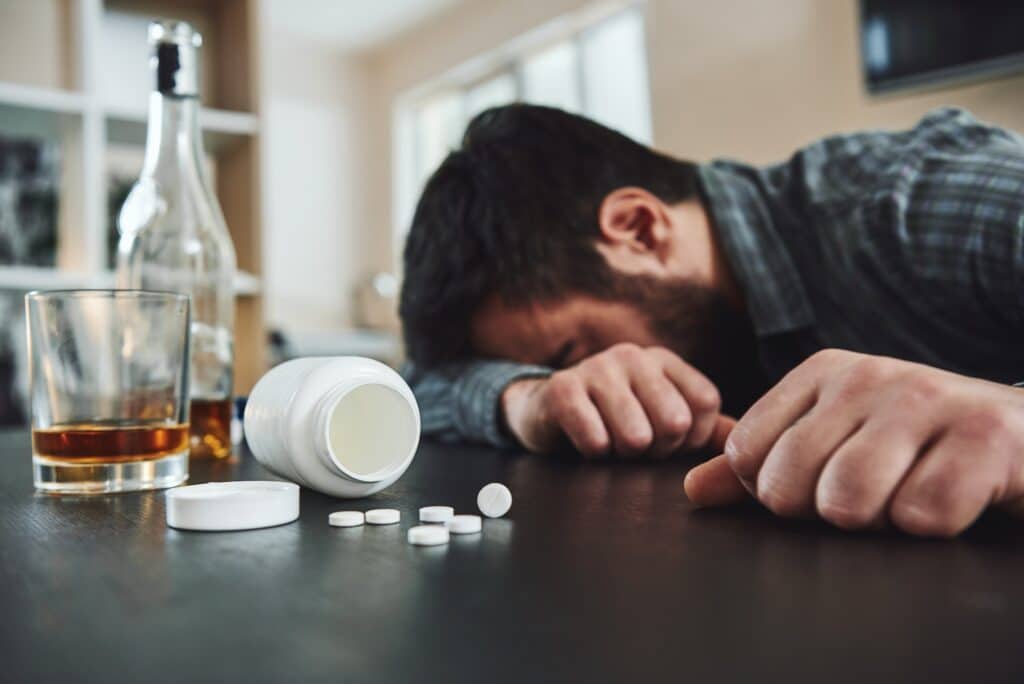Addiction is a disease that affects your brain and behavior. When you’re addicted to drugs, you can’t resist the urge to use them, no matter how much harm the drugs may cause. The earlier you get treatment for drug addiction (also called substance use disorder) the more likely you are to avoid some of the more dire consequences of the disease.
Drug addiction isn’t about just heroin, cocaine, or other illegal drugs. You can get addicted to alcohol, nicotine, sleep and anti-anxiety medications, and other legal substances.
You can also get addicted to prescription or illegally obtained narcotic pain medications, or opioids. This problem is at epidemic levels in the United States. In 2018, opioids played a role in two-thirds of all drug overdose deaths.
At first, you may choose to take a drug because you like the way it makes you feel. You may think you can control how much and how often you use it. But over time, drugs change how your brain works. These physical changes can last a long time. They make you lose control and can lead to damaging behaviors.
Addiction vs. Misuse and Tolerance
Drug misuse is when you use legal or illegal substances in ways you shouldn’t. You might take more than the regular dose of pills or use someone else’s prescription. You may misuse drugs to feel good, ease stress, or avoid reality. But usually, you’re able to change your unhealthy habits or stop using altogether.
Addiction is when you can’t stop. Not when it puts your health in danger. Not when it causes financial, emotional, and other problems for you or your loved ones. That urge to get and use drugs can fill up every minute of the day, even if you want to quit.
Addiction is also different from physical dependence or tolerance. In cases of physical dependence, withdrawal symptoms happen when you suddenly stop a substance. Tolerance happens when a dose of a substance becomes less effective over time.
When you use opioids for pain for a long time, for example, you may develop tolerance and even physical dependence. This doesn’t mean you’re addicted. In general, when narcotics are used under proper medical supervision, addiction happens in only a small percentage of people.

